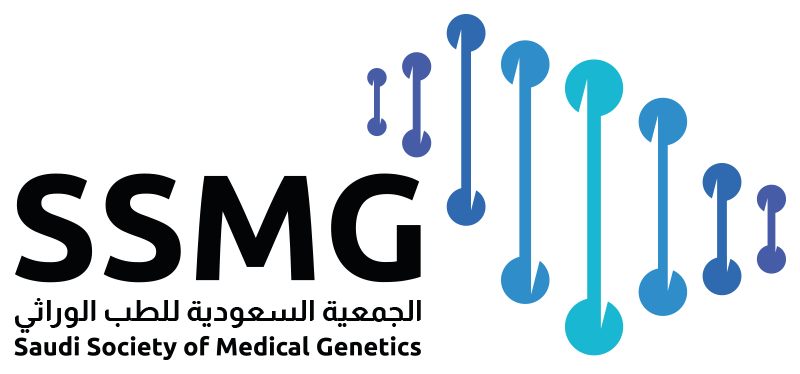
Informed consent is a foundational ethical requirement in all research involving human participants. To ensure the integrity and ethical conduct of research published in our journals, Discover STM Publishing Ltd requires the following standards for informed consent:
Comprehensive Information: Participants must be thoroughly informed about the aims, methods, sources of funding, any conflicts of interest, institutional affiliations of the researcher, anticipated benefits, potential risks, and any discomfort the study may entail.
Voluntary Participation: It must be clearly communicated to participants that they have the right to refuse to participate or to withdraw consent at any time without any form of reprisal.
Written Consent: For documentation and clarity, participants must provide their informed consent in writing. This serves as a permanent record, detailing participant rights, such as withdrawal procedures, and contact information for follow-up inquiries.
Privacy and Confidentiality: Identifying information of participants (like names, initials, or hospital numbers) should not be published unless essential for scientific purposes and only if the patient (or parent/guardian) gives written informed consent for publication.
Institutional Approval: Submissions must include written informed consent or Institutional Review Board (IRB) approval. Failure to provide this may result in the rejection of the manuscript. The Methods section of the paper should mention the formal review and approval/waiver by an appropriate IRB or ethics committee.
Discover STM Publishing Ltd is committed to upholding the highest ethical standards in all published research. By adhering to these informed consent guidelines, we ensure the protection of participants' rights and the credibility of scientific research.
Muhammad Umair, Farooq Ahmad, Muhammad Bilal, Muhammad Arshad
JBCGenetics. 2018; 1(2): 66-76
» Abstract » doi: 10.24911/JBCGenetics/183-1530765389
Saleh Alghamdi, Sarah Alkwai, Mohammad Ilyas
JBCGenetics. 2018; 1(1): 2-9
» Abstract » doi: 10.24911/JBCGenetics/183-1531548689
Lamia Alsubaie, Saeed Alturki, Ali Alothaim, Ahmed Alfares
JBCGenetics. 2018; 1(1): 31-36
» Abstract » doi: 10.24911/JBCGenetics/183-1529928114
AlAnoud Al-Jarbou, Afnan Al-Turki, Suha Tashkandi, Eissa A. Faqeih
JBCGenetics. 2018; 1(1): 37-39
» Abstract » doi: 10.24911/JBCGenetics/183-1530040885
Maram Alojair, Abdulaziz Alghamdi, Kalthoum Tlili, Sateesh Maddirevula, Fowzan Sami Alkuraya, Brahim Tabarki
JBCGenetics. 2018; 1(1): 40-42
» Abstract » doi: 10.24911/JBCGenetics/183-1531469195
Muhammad Umair, Farooq Ahmad, Muhammad Bilal, Muhammad Arshad
JBCGenetics. 2018; 1(2): 66-76
» Abstract » doi: 10.24911/JBCGenetics/183-1530765389
Kimberly A Coughlan, Rajanikanth J Maganti, Andrea Frassetto, Christine M DeAntonis, meredith Wolfrom, Anne-Renee Graham, Shawn M Hillier, Steven Fortucci, Hoor Al Jandal, Sue-Jean Hong, Paloma H Giangrande, Paolo GV Martini,
JBCGenetics. 2019; 2(1): 28-39
» Abstract » doi: 10.24911/JBCGenetics/183-1542047633
Muhammad Umair, Farooq Ahmad, Muhammad Bilal, Safdar Abbas
JBCGenetics. 2018; 1(1): 10-18
» Abstract » doi: 10.24911/JBCGenetics/183-1532177257
Maram Alojair, Abdulaziz Alghamdi, Kalthoum Tlili, Sateesh Maddirevula, Fowzan Sami Alkuraya, Brahim Tabarki
JBCGenetics. 2018; 1(1): 40-42
» Abstract » doi: 10.24911/JBCGenetics/183-1531469195
Hadil Alahdal, Huda Alshanbari, Hana Saud Almazroa, Sarah Majed Alayesh, Alaa Mohammad Alrhaili, Nora Alqubi, Fai Fahad Alzamil, Reem Albassam
JBCGenetics. 2021; 4(1): 27-34
» Abstract » doi: 10.24911/JBCGenetics/183-1601264923
Muhammad Umair, Farooq Ahmad, Muhammad Bilal, Muhammad Arshad
JBCGenetics. 2018; 1(2): 66-76
» Abstract » doi: 10.24911/JBCGenetics/183-1530765389
Cited : 4 times [Click to see citing articles]
Muhammad Umair, Farooq Ahmad, Muhammad Bilal, Safdar Abbas
JBCGenetics. 2018; 1(1): 10-18
» Abstract » doi: 10.24911/JBCGenetics/183-1532177257
Cited : 4 times [Click to see citing articles]
Ahmed Alfares,
JBCGenetics. 2018; 1(2): 51-52
» Abstract » doi: 10.24911/JBCGenetics/183-1546945268
Cited : 4 times [Click to see citing articles]
Hadil Alahdal, Huda Alshanbari, Hana Saud Almazroa, Sarah Majed Alayesh, Alaa Mohammad Alrhaili, Nora Alqubi, Fai Fahad Alzamil, Reem Albassam
JBCGenetics. 2021; 4(1): 27-34
» Abstract » doi: 10.24911/JBCGenetics/183-1601264923
Cited : 2 times [Click to see citing articles]
Alaa AlAyed, Manar A. Samman, Abdul Ali Peer-Zada, Mohammed Almannai
JBCGenetics. 2020; 3(1): 22-27
» Abstract » doi: 10.24911/JBCGenetics/183-1585816398
Cited : 2 times [Click to see citing articles]






